LinkedIn loses appeal over public data scraping
Judge rules that giving big tech companies "free rein" over who can use public user data risked creating "information monopolies"

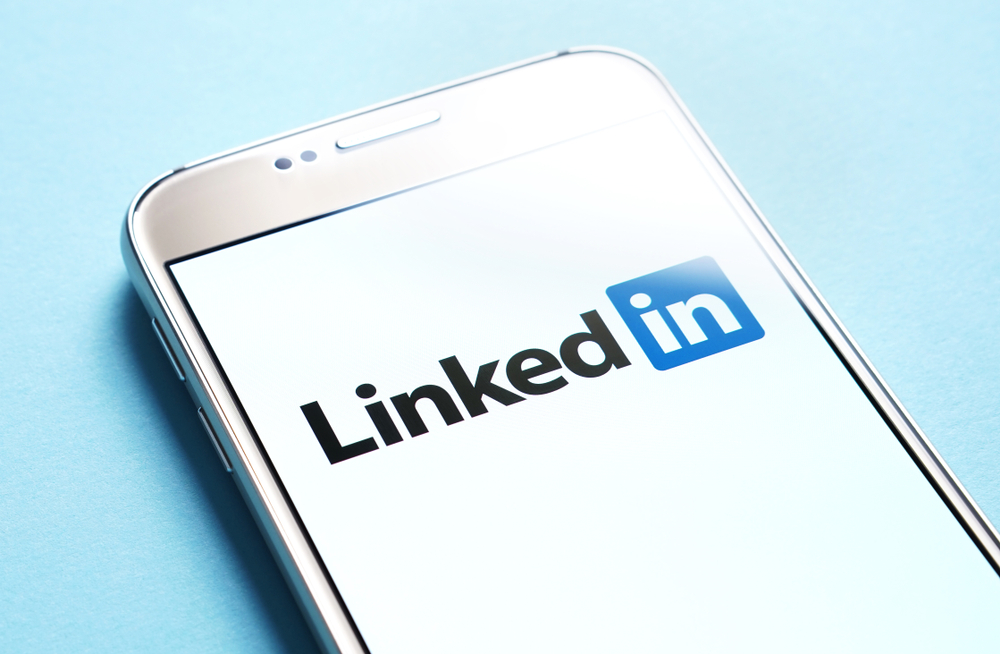
Sign up today and you will receive a free copy of our Future Focus 2025 report - the leading guidance on AI, cybersecurity and other IT challenges as per 700+ senior executives
You are now subscribed
Your newsletter sign-up was successful
A US federal court has rejected efforts from LinkedIn to stop a startup from harvesting publically-accessible information off the professional network.
The Circuit Court of Appeals let stand a 2017 preliminary injunction that required LinkedIn to give hiQ Labs access to user accounts that were publicly available.
The decision has set the Microsoft-owned company back in its battle against 'data scraping', which it said violates its users' privacy. However, Circuit Judge Marsha Berzon said hiQ showed it faced irreparable harm and might go out of business without access.
She also added that giving companies such as LinkedIn "free rein" over who can use public user data risked creating "information monopolies" that harm the public interest.
"LinkedIn has no protected property interest in the data contributed by its users, as the users retain ownership over their profiles," Berzon wrote, according to Reuters. "And as to the publicly available profiles, the users quite evidently intend them to be accessed by others."
"Others", in this case, refers to hiQ, which is a San Francisco company that uses this kind of data to provide prediction models to businesses. The firm's algorithms can be used to estimate when employees might leave or workout areas where in-demand skills can be found.
The company was originally in court on August 2017 and was awarded a preliminary injunction that meant LinkedIn had to allow it access. Classified ad website Craigslist supported LinkedIn, warning the injunction could have a "dangerous impact" that could lead to spam and phishing attacks.
Sign up today and you will receive a free copy of our Future Focus 2025 report - the leading guidance on AI, cybersecurity and other IT challenges as per 700+ senior executives
However, Berzon said, however, the startup had raised serious questions about LinkedIn's conduct, such as whether it could invoke a federal law targeting computer fraud and abuse to block "free riders" from accessing user data.
"Of course, LinkedIn could satisfy its 'free rider' concern by eliminating the public access option, albeit at a cost to the preferences of many users and, possibly, to its own bottom line," she said.
IT Pro has contacted LinkedIn for comment.
Bobby Hellard is ITPro's Reviews Editor and has worked on CloudPro and ChannelPro since 2018. In his time at ITPro, Bobby has covered stories for all the major technology companies, such as Apple, Microsoft, Amazon and Facebook, and regularly attends industry-leading events such as AWS Re:Invent and Google Cloud Next.
Bobby mainly covers hardware reviews, but you will also recognize him as the face of many of our video reviews of laptops and smartphones.
-
 ITPro Best of Show NAB 2026 awards now open for entries
ITPro Best of Show NAB 2026 awards now open for entriesThe awards are a fantastic opportunity for companies to stand out at one of the industry's most attended shows
-
 Mistral CEO Arthur Mensch thinks 50% of SaaS solutions could be supplanted by AI
Mistral CEO Arthur Mensch thinks 50% of SaaS solutions could be supplanted by AINews Mensch’s comments come amidst rising concerns about the impact of AI on traditional software
-
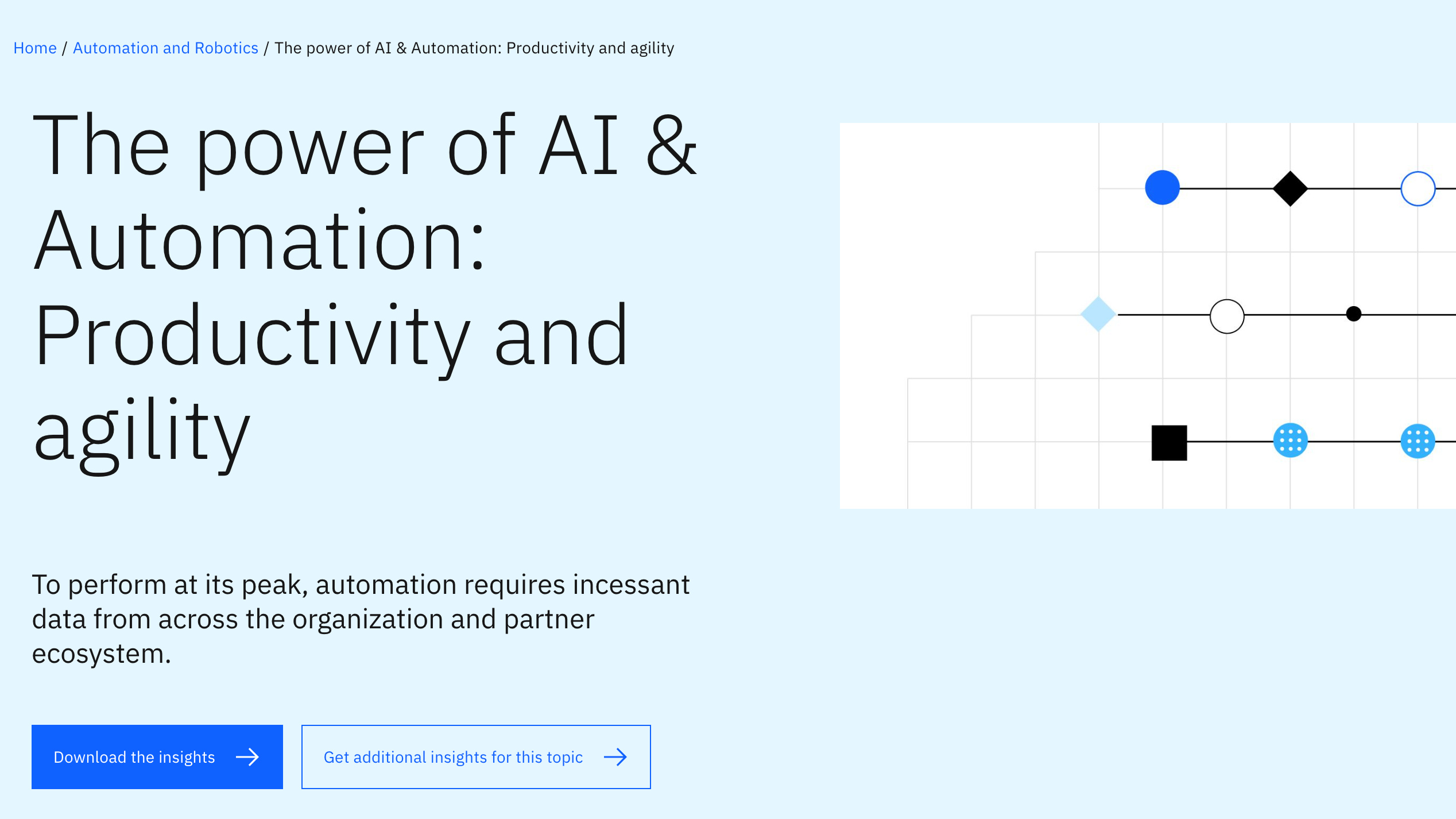 The power of AI & automation: Productivity and agility
The power of AI & automation: Productivity and agilitywhitepaper To perform at its peak, automation requires incessant data from across the organization and partner ecosystem
-
 Four steps to better business decisions
Four steps to better business decisionsWhitepaper Determining where data can help your business
-
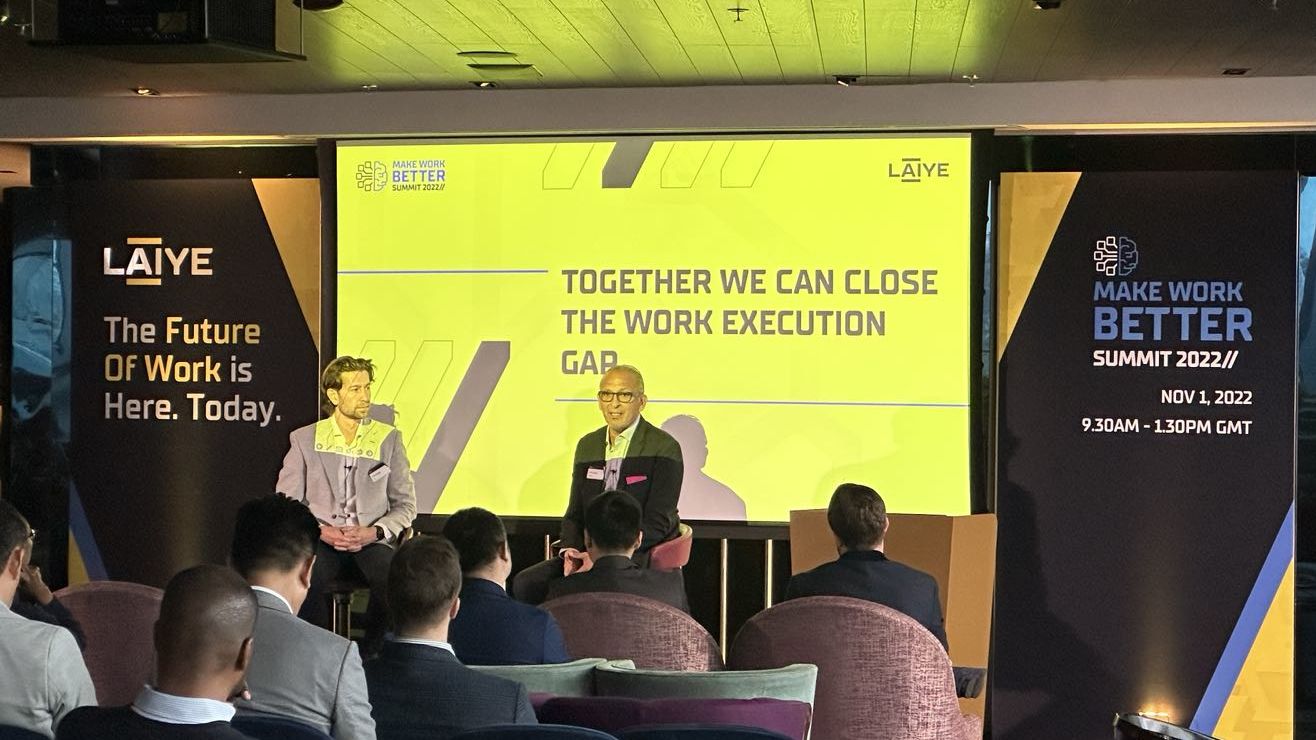 Subscription models will end in five years, claims Laiye at new system launch
Subscription models will end in five years, claims Laiye at new system launchNews The firm's work execution system will integrate with existing RPA solutions, as Laiye says a flexible automation ecosystem is needed
-
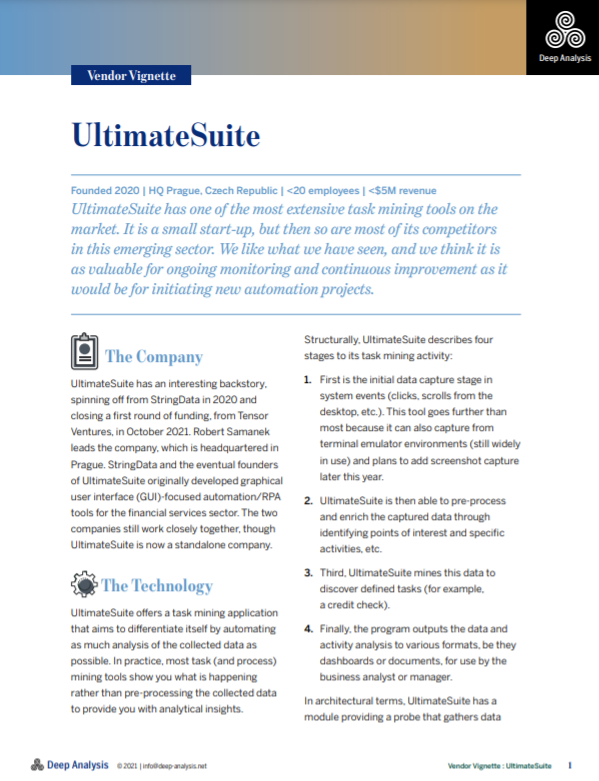 A taskmining application with automated data analysis
A taskmining application with automated data analysisWhitepaper Pre-processing data for enriched insights
-
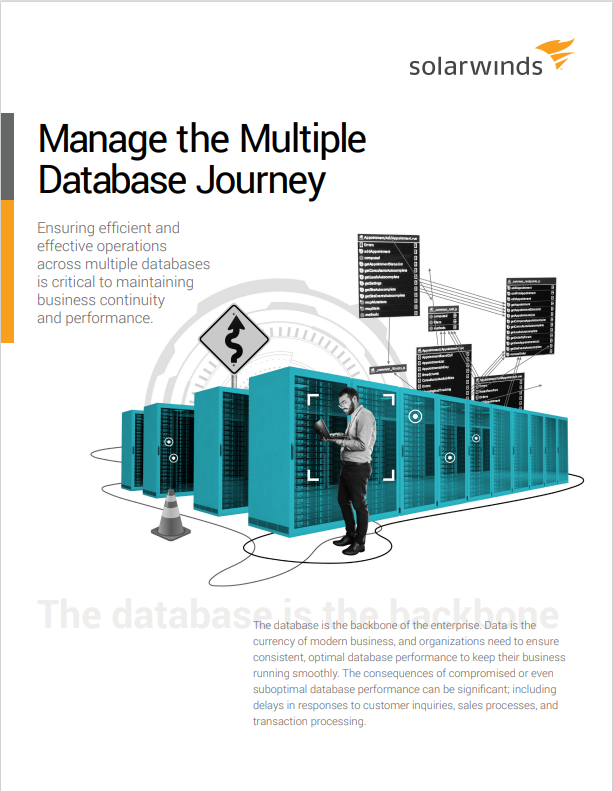 Manage the multiple database journey
Manage the multiple database journeyWhitepaper Ensuring efficient and effective operations across multiple databases
-
 Edge-enabled mobility of the future
Edge-enabled mobility of the futureWhitepaper Turning vehicle data into value
-
 Leading the data race
Leading the data raceWhitepapers The trends driving the future of data science
-
 What is data and big data mining? An easy guide
What is data and big data mining? An easy guideIn-depth You have a lot of data, but how do you find the right data to make a business decision?
